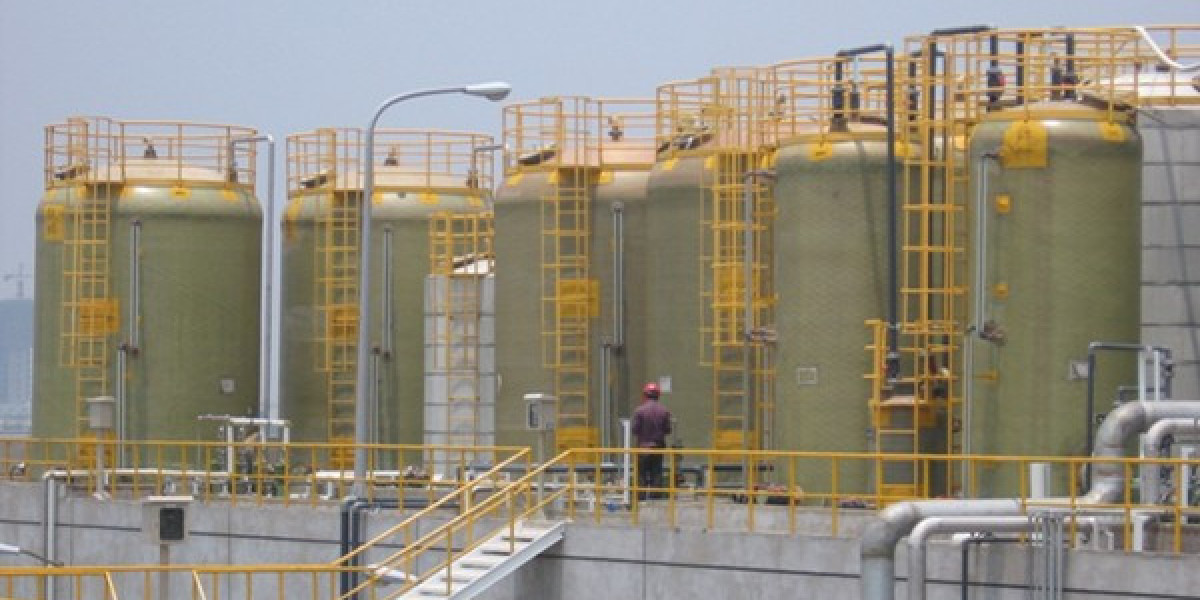Vinyl esters are a vital class of resins known for their impressive corrosion resistance, durability, and versatile applications across several industries. From construction to transportation, these materials are used to enhance performance in demanding environments. Over the years, the vinyl ester market has shown steady growth as industries increasingly adopt high-performance composites over conventional materials like steel and polyester resins.
The global vinyl ester market is valued at USD 1.04 billion in 2024 and is projected to reach USD 1.29 billion by 2029, growing at 4.4% cagr from 2024 to 2029. This growth is driven primarily by the rising demand from key sectors such as construction, oil & gas, automotive, and marine industries. Vinyl esters offer a combination of strength, corrosion resistance, and lightweight properties, making them an ideal alternative to traditional materials in these sectors.
Market Distribution by Region:
North America: The U.S. leads this region, driven by its strong industrial base and increasing infrastructure projects. Vinyl ester’s demand in the construction and marine industries is particularly high, making North America a dominant player in the global market.
Asia-Pacific: This region is expected to be the fastest-growing market, especially with China's and India's rapid urbanization and industrialization. The demand for durable materials in infrastructure and automotive sectors drives this surge.
Europe: Though slower in growth compared to Asia-Pacific, Europe remains an important market. The focus on lightweight materials, especially in automotive and renewable energy sectors, ensures a steady demand for vinyl ester products.
Types of Vinyl Esters
Vinyl esters are categorized based on their chemical composition and performance:
Bisphenol-A Vinyl Ester: Known for its high mechanical strength and resistance to chemicals, this type finds extensive use in construction, automotive, and chemical processing industries.
Novolac Vinyl Ester: Ideal for high-temperature applications due to its enhanced heat resistance, Novolac vinyl esters are commonly used in the oil and gas industry, particularly in pipelines and marine coatings.
Brominated Vinyl Ester: This variety offers flame-retardant properties, making it essential for use in electrical applications and fire-resistant construction materials.
Market Drivers and Emerging Trends
1. Growth in Infrastructure Projects
As governments across the world ramp up spending on infrastructure, the construction sector’s demand for vinyl esters has surged. These resins are being used in bridges, pipelines, and water treatment plants due to their corrosion resistance and mechanical strength. In many cases, vinyl esters are being preferred over traditional materials like steel and concrete, offering lighter-weight and more durable alternatives.
2. Marine Industry Adoption
The marine industry is another significant market for vinyl esters, particularly for shipbuilding and offshore drilling platforms. Vinyl ester composites are resistant to corrosion caused by saltwater, making them a top choice for marine applications. As offshore energy projects, including wind energy farms, expand, vinyl esters will continue to play a crucial role in the production of turbine blades and other marine components.
3. Rising Demand in Automotive and Aerospace
Automotive and aerospace manufacturers are increasingly turning to vinyl ester composites to reduce vehicle weight and improve fuel efficiency. In the push for cleaner energy and electric vehicles (EVs), lightweight materials like vinyl esters have become essential for building more efficient and high-performance products. This trend will likely grow as the world moves towards reducing emissions and reliance on fossil fuels.
4. Focus on Renewable Energy
Wind energy, a key component of the renewable energy sector, has emerged as one of the biggest drivers for vinyl esters. Wind turbine blades require lightweight yet durable materials, and vinyl esters meet this demand perfectly. With countries committed to expanding their renewable energy capacity, vinyl ester composites will be increasingly utilized in producing wind turbines.
Key Players in the Vinyl Ester Market
Several companies are shaping the future of the vinyl ester market by developing innovative products and expanding their reach across industries. Here’s a look at some of the most influential players:
INEOS Composites: A global leader in resin manufacturing, INEOS offers a wide variety of vinyl esters that are used in industries ranging from construction to marine. Their focus on innovation and sustainability has made them a key player in the market.
Ashland Global Holdings Inc.: Known for their advanced composites, Ashland’s Derakane™ vinyl esters are widely used in chemical processing, water treatment, and marine applications, setting a high standard for performance and durability.
Polynt Group: A major global player, Polynt offers a diverse portfolio of vinyl ester resins used in automotive, construction, and aerospace applications.
Swancor: Based in Taiwan, Swancor has made a name for itself in the wind energy sector. They are pioneers in providing vinyl esters used in turbine blades, aligning their products with global efforts to boost renewable energy capacity.
Reichhold LLC: With an extensive portfolio of resin solutions, Reichhold is a key player in automotive, aerospace, and construction applications, offering high-performance vinyl ester solutions.
Challenges in the Vinyl Ester Market
Despite its growth, the vinyl ester market faces certain challenges:
Raw Material Price Fluctuations: Vinyl ester production is heavily reliant on petrochemicals, and fluctuations in raw material prices can cause instability in the overall market.
Environmental Regulations: Stricter regulations regarding volatile organic compounds (VOCs) are pushing manufacturers to develop environmentally friendly alternatives. This adds pressure to innovate while maintaining performance standards.
Future Outlook
The vinyl ester market is expected to maintain steady growth as demand continues to rise across key industries. In particular, the push for sustainable materials in sectors such as construction, transportation, and renewable energy will keep vinyl ester resins in high demand. Companies that innovate in terms of sustainability and performance will likely stay ahead of the curve, ensuring long-term success.
To know more download PDF Brochure :
The vinyl ester market stands on the cusp of significant growth, fueled by advancements in technology and a global shift towards sustainable, high-performance materials. Industry leaders are investing heavily in innovation, ensuring that vinyl esters continue to meet the demands of modern applications. As industries increasingly look for materials that can withstand harsh environments while remaining lightweight and cost-effective, vinyl esters will remain a crucial player in the world of advanced composites.






